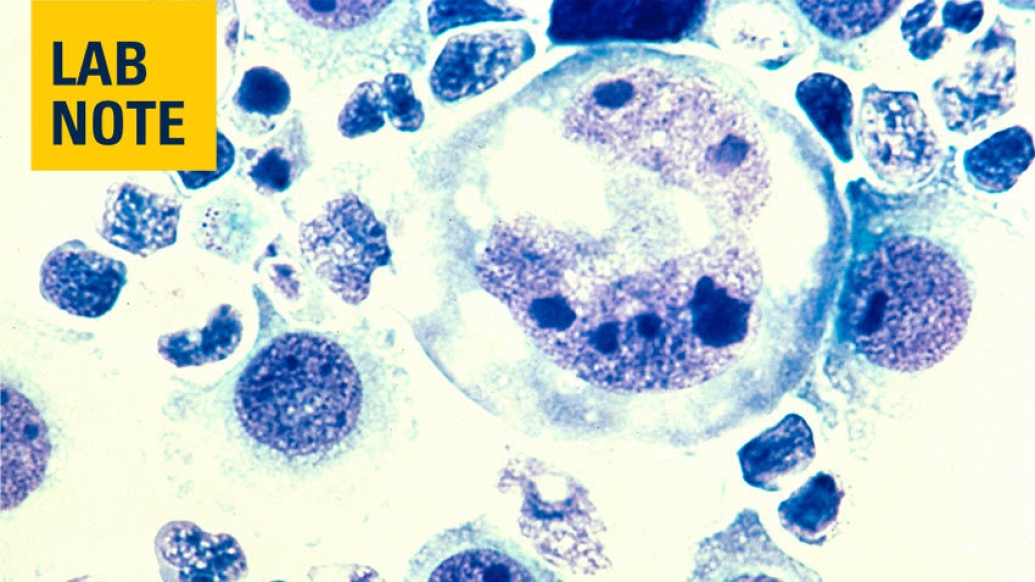Eighty percent of patients with a subset of lymphoma saw their cancers shrink after taking zanubrutinib in a clinical trial.
5:00 AM
Author |

In early research led by the University of Michigan Health Rogel Cancer Center, the oral medication zanubrutinib was found to help most patients with a slow-growing type of cancer known as marginal zone lymphoma.
Cancers shrunk in 80% of the 20 patients on the clinical trial with marginal zone lymphoma, with a fifth experiencing complete remission.
A much smaller proportion of the 33 participants with follicular lymphoma, a similar cancer, responded to the drug. But imaging showed no signs of cancer for 18% of those who did.
The most common side effects ranged from diarrhea, bruising and rashes to colds, fevers and reduced levels of white blood cells, which are part of the immune system and important for fighting infections.
Based on the results of this research as well as a secondary study named MAGNOLIA, the Food and Drug Administration approved zanubrutinib on a contingent basis for adults with marginal zone lymphoma that has returned or proven resistant to other treatments.
"Treatment options with improved tolerability and better disease control were much needed for marginal zone lymphoma and follicular lymphoma," said Tycel Phillips, M.D., a hematologist at the Rogel Cancer Center, a clinical associate professor at the University of Michigan Medical School and the lead author of the study. "While the small size of this study limits broad conclusions, the safety and efficacy results highlight the potential for zanubrutinib as an addition to available therapies for these cancers."
Lymphoma is a cancer that begins in the lymphatic system, the tissues and organs that produce and store white blood cells. Marginal zone and follicular lymphomas develop when white blood cells called B cells become damaged and start to grow uncontrollably.
Thus far, physicians have not been able to cure patients of their marginal zone or follicular lymphomas with chemotherapy, so researchers have been eager to find other, more tolerable and successful treatments for the diseases.
Zanubrutinib is a novel type of drug called a Bruton Tyrosine Kinase inhibitor, which blocks an enzyme known as BTK that plays a crucial role in a signaling pathway lymphomas are often dependent on in order to survive and grow. The medication is only the third BTK inhibitor to be approved for cancers that begin in B cells.
Phillips has been a paid consultant for BeiGene, Ltd., the manufacturer of the drug studied in this clinical trial.
Paper cited: "Zanubrutinib monotherapy in relapsed/refractory indolent non-Hodgkin lymphoma," Blood Advances. DOI: 10.1182/bloodadvances.2021006083

Explore a variety of health care news & stories by visiting the Health Lab home page for more articles.

Department of Communication at Michigan Medicine
Want top health & research news weekly? Sign up for Health Lab’s newsletters today!





